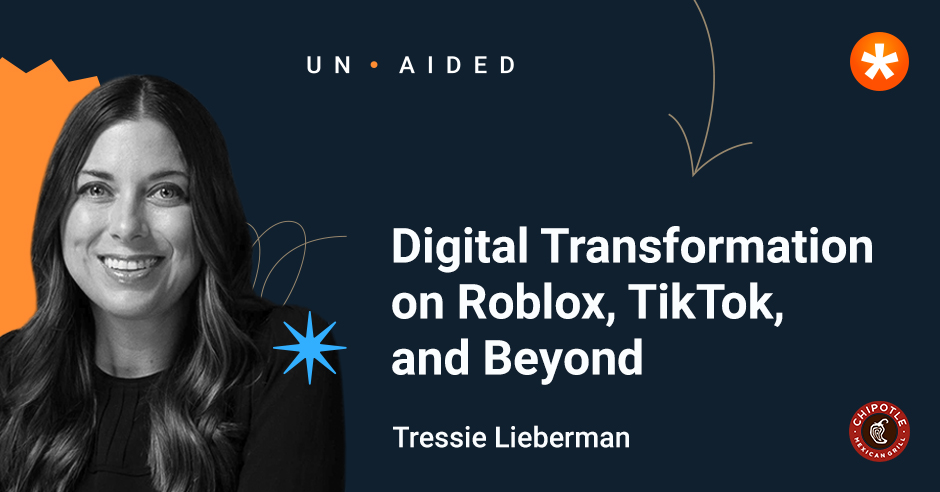
Jun 23, 2023 • 7 min read
Marketing to Millennial Parents: What You Need to Know
Posted in:
To effectively connect with millennial parents, marketers need to understand their unique preferences, spending habits, and general needs. Millennial parents are reshaping the consumer market because of their unique values.
Millennial parents constitute a significant demographic, with millennials accounting for 22% of the population and over 80% having children according to BabyCenter. Their spending power is reported at over $2T, and increasing.
Millennial parents prioritize ethical, sustainable, and socially responsible products. They are passionate about making a positive impact on the world, both for their children’s future and society at large. When marketing to millennial parents, emphasize eco-friendly production, fair trade practices, and charitable initiatives. Highlighting your brand’s commitment to sustainability and social responsibility can resonate strongly with this audience.
Companies that are successfully marketing to millennial parents are taking their values into account.
Seventh Generation is a company that produces a wide range of household and personal care products with a focus on sustainability and environmental responsibility. They offer products such as laundry detergents, cleaning supplies, diapers, and personal care items that are made from plant-based materials and are free from harmful chemicals. The brand actively promotes eco-friendly practices, transparency in their product ingredients, and reducing their environmental impact throughout the lifecycle of their products.
The brand’s emphasis on using plant-based materials, avoiding harmful chemicals, and promoting a healthier, more sustainable lifestyle makes it an attractive choice for millennial parents who are conscious about the impact of their purchasing decisions on the environment and their family’s well-being. Millennial parents are increasingly health-conscious and prioritize their family’s well-being. They are more likely to invest in organic, natural, and locally sourced products.
Another example of a brand that specifically targets millennial parents is Casper. Casper is a mattress and sleep products company that has gained popularity among millennials, including those who are parents.
Casper disrupted the traditional mattress industry by adopting a direct-to-consumer model, selling their products exclusively online. This approach appeals to tech-savvy millennials who prefer the convenience of online shopping and appreciate the transparent pricing and hassle-free delivery associated with the direct-to-consumer model.
Casper focuses on promoting sleep health and wellness, which aligns with the priorities of millennial parents who value the well-being of themselves and their families. The brand emphasizes the importance of quality sleep and offers a range of mattresses and sleep accessories designed for optimal comfort and support.
Additionally, Casper prioritizes the customer experience by offering features such as a 100-night risk-free trial and hassle-free returns. These customer-centric policies resonate with millennial parents who value convenience, flexibility, and the ability to try out products in the comfort of their own homes.

By combining a focus on sleep health, a direct-to-consumer model, educational resources, customer-centric policies, and engaging marketing, Casper has successfully captured the attention of millennial parents seeking quality sleep products for themselves and their families.
Chipotle, a popular fast-casual restaurant chain, has implemented several innovative strategies to resonate and market to millennial parents. Here are a few examples:
Sustainability and Sourcing: Chipotle focuses on sourcing high-quality ingredients from sustainable and responsible suppliers. They emphasize using naturally raised meats, organic produce, and non-GMO ingredients. This commitment to sustainability aligns with the values of many millennial parents who prioritize healthier and environmentally friendly food options for their families.
Customization and Transparency: Chipotle allows customers to customize their orders, providing a range of options to accommodate various dietary preferences and restrictions. This customization approach appeals to millennial parents who often seek flexibility and control over their meals. Additionally, the brand promotes transparency by openly sharing information about their sourcing practices and ingredient origins, building trust and demonstrating a commitment to quality and integrity.
Digital Engagement: Chipotle has been active in leveraging digital platforms and social media to engage with millennial parents. They have a strong presence on platforms like Instagram, Twitter, and TikTok, where they share engaging content, run contests, and collaborate with influencers to reach their target audience. Chipotle has also invested in a user-friendly mobile app and online ordering system, providing convenience and a seamless experience for busy parents on the go.
Cause Marketing: Chipotle has partnered with various causes and initiatives that resonate with millennial parents. For example, they have supported organizations promoting sustainable agriculture and food education. By aligning with these causes, Chipotle demonstrates their commitment to values that are important to millennial parents and creates a positive association with their brand.
Chipotle is a brand that has not only become a life-saver for millennial parents, but a craze for Gen-Z too. The healthy-enough ingredients and experience are appealing to millennials; plus, Chipotle is constantly innovating new ways to reach more customers.
Millennials grew up in the digital age, and technology plays a central role in their lives. Brands that effectively market to millennial parents are embracing digital platforms, social media, and mobile apps.
Apple has consistently targeted millennials with its innovative and user-friendly products, as well as its marketing campaigns. According to Business Insider, Apple is the No.1 most trusted brand for millennials in 2021. Overall, Apple’s combination of innovative technology, sleek design, seamless integration, cultural influence, and sustainability efforts make it a tech brand that successfully appeals to the millennial generation.
Millennial parents highly value authenticity and seek brands that understand their needs on a personal level. They appreciate brands that foster a sense of community and create opportunities for connection.
Connection is valued both in-person and online, in fact according to Statista, the internet has become an increasingly more important tool for millennial moms and dads. “As of January 2017, mothers in the United States spent an average of 211 browsing the internet on a daily basis, compared to only 138 daily minutes of TV consumption. In January 2017, it was found that smartphone ownership among U.S. moms had overtaken laptop and PC ownership. Overall, 86 percent of Millennial moms owned a smartphone and 65 percent owned a tablet.”
Millennial parents are family-focused and appreciate marketing campaigns that celebrate the diversity and inclusivity of modern families. Marketers that are looking to reach millennial parents should avoid stereotypes and embrace representation to ensure your messaging resonates with a wide range of families.
In conclusion, marketing to millennial parents requires a thoughtful and strategic approach. Understanding their values, priorities, and aspirations is key to creating effective campaigns and building long-lasting relationships. Embrace conscious consumption, emphasize convenience, prioritize health and wellness, leverage technology, foster communities, and promote family-centric messaging.
By aligning your marketing strategies with the needs and desires of millennial parents, you can successfully engage this influential demographic and build brand loyalty that lasts for years to come

